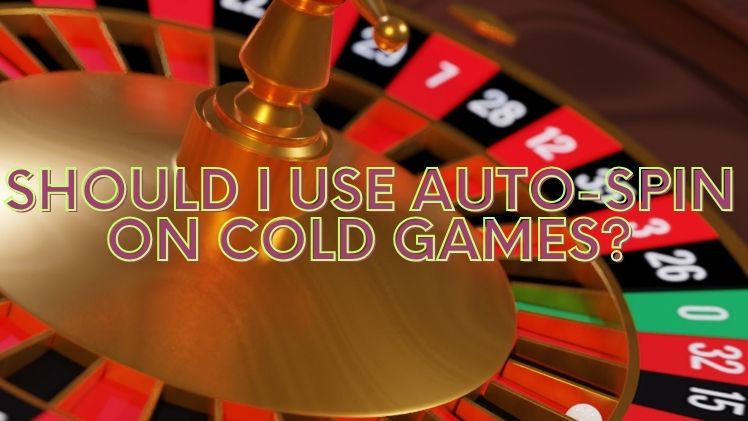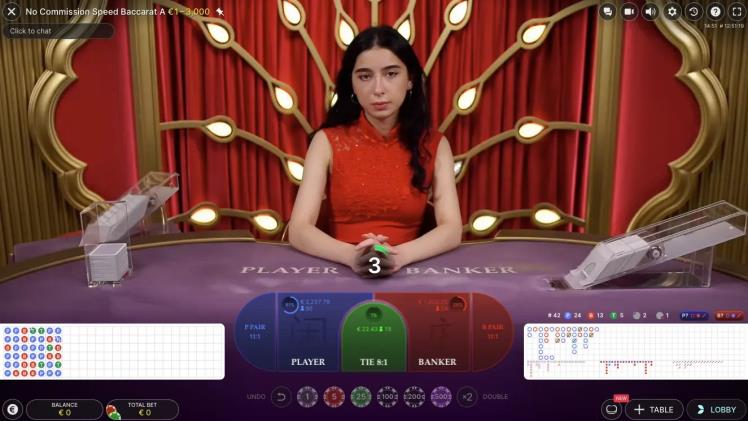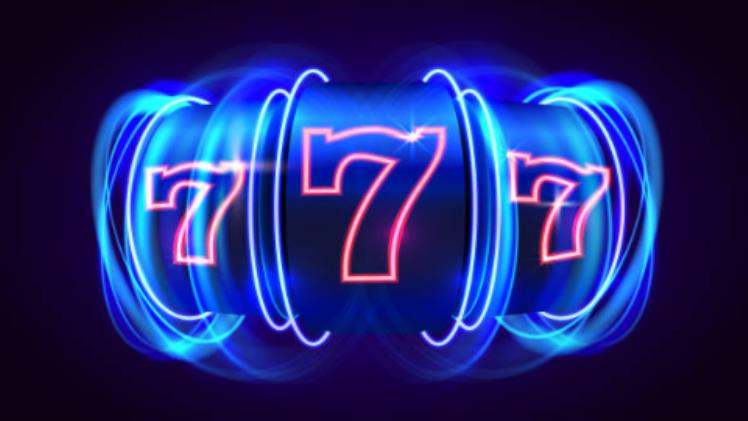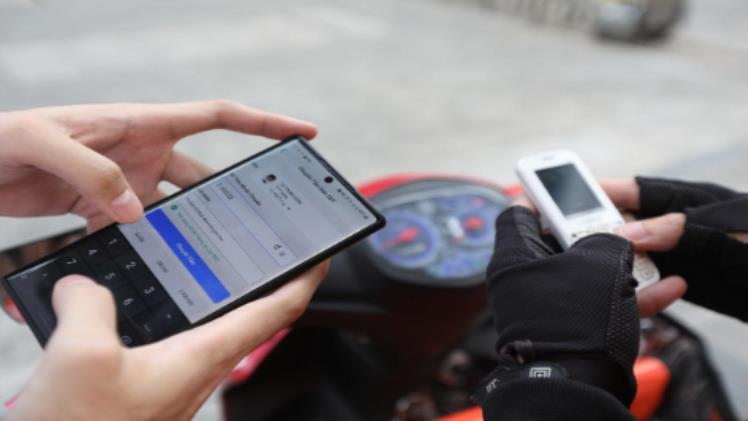Should I Use Auto-Spin On Cold Games?
Is Cold Slots Comprehension A Myth?
You must understand what a cold slot is or isn’t before considering auto-spin. In most legal casinos, online or offline, a Random Number Generator determines the outcome of each slot machine spin. Each spin is independent of the one before it. A machine may win twice in ten spins or lose 100 times and still be fair.
However, the human brain doesn’t always follow these standards. We want patterns. We investigate causes. A machine is “cold” after wasting $50 with no win. Depending on our perspective, it can be a villain, a curse, or a machine that must win.
Cold slots are emotional, but not futile. https://www.moonrisedoughnuts.com/join-the-team games with high volatility (variance) can have long dry spells. High-volatility slots sometimes delay payments until they hit something huge and unique. Someone who thinks a machine is cold may be referring to a volatile slot machine. The machine doesn’t realize you’re there or hold back; it’s following instructions.
What Auto-Spin Does
Auto-spin is a simple feature that lets players set a number of spins to happen automatically without pressing the spin button. Many machines can stop when you win, lose a specific sum, or spin a given number of times.
Technically, auto-spin does not affect your odds or RNG. The system works whether you press the button or the machine does. This feature simplifies things. In genuine slot play, convenience can have positive and negative psychological impacts.
What Auto-Spin Does To Your Mind
Auto-spin can help players deal with stress, especially those trying to win large or break a “cold streak.” You feel less connected. Instead of suffering every lost spin, the player reclines with arms crossed or folded in resignation and lets the machine proceed along. Separation, like a mental anesthetic, helps you cope with your money’s rapid disappearance.
Distance can cost. Without as much manual labor, players may not realize how much or how fast they’re spending. Without a button, time flows differently. Nearly fascinating and passive, the game. It’s easy to lose track of your spins, spending limit, and location.
This is hazardous on cold slots. If the machine doesn’t pay out, auto-spin may make you spend more money faster than if you played manually. Relaxing into the game’s rhythm is easy, but don’t lose control.
Auto-Spin: Strategic Tool Or Harmful Crutch?
Imagine sitting at a frigid slot machine. You’ve invested more than intended. Angry, but not ready to leave. You choose auto-spin to “change the energy” or “reset the rhythm.” This is technical magic. The machine doesn’t know you started auto-spin. It doesn’t know you’re losing. It doesn’t track fury or comeback optimism.
Some players employ auto-spin. They might set a number of spins and a stop-loss level and leave when the auto-spin stops. Auto-spin helps you regulate yourself. It lets some players bet responsibly if they obey the regulations.
Auto-spin is risky because players escape responsibility. It’s simple to automate and ignore the financial and emotional expenses until it’s too late. In a long losing run, auto-spin may seem like a means to “ride it out” or “fast-forward to the good part,” but it frequently accelerates your losses.
Emotional Impact Of Cold Slots
Cold slots evoke strong feelings. This is where auto-spin goes beyond a button. It means quitting or stubbornness. It can mean “Let’s see what happens.” even when everything leads to a dead end. Cold streaks make us sensitive and illogical. People become angry, frustrated, and desperate.
Auto-spin can calm your emotions, but it rarely affects the outcome. It can make you regret your actions. Players often feel helpless after 200 auto-spins and no victories. At least hand-pressing the button makes you feel like you’re traveling. It’s easier to criticize the function for not saving when it spins automatically. Of course, this blame is unfair. Real feelings don’t need to make sense.
Bankroll Management And Auto-Spin
Bankroll management is where auto-spin and slot strategy meet. It can help with budgeting if used properly. Setting a spin limit and loss limit can help you stay disciplined when playing a chilly machine. Say, “I’m going to give this machine 100 spins.” before starting. Without a turnaround, I’m done. That plan can help you avoid expensive, impulsive, angry decisions.
Without limits, auto-spin can wreck a bankroll. You can easily add to your balance as the auto-spin continues. Cold slots’ actions are unknown. Not “Hey, the next 300 spins won’t be good.” Only after paying does one learn.
Control, Superstitions, And Slot Rituals Illusion
Slot players are superstitious, and cold machines make them more so. Everyone has their own quirks, like moving seats, caressing screens, or arranging money. Auto-spin is common in this belief system. Auto-spin increases payouts, according to certain players. It’s said to destroy the mood.
What’s real? No outcome is affected by auto-spin. It affects the psyche, though. Any unexpected activity can make you feel better. Stopping, restarting, switching to manual, or turning on auto-spin are common ways to regain control.
Possibly a good thing. Change your thinking, not the odds. Resetting emotionally, taking a vacation, or changing your mindset is possible with auto-spin. Real power is different from symbolic control.
Auto-Spin Online Slots: Riskier
Online slots complicate this discussion. Digital auto-spin features are faster, more customizable, and have less natural pauses. That implies losses may accumulate quickly. Some regulators have even slowed or banned auto-spin to prevent gamers from spending too much without realizing it.
Internet auto-spin might be costly on a cold streak. No money jingling, no button clicks, no visual drama. While watching Netflix in another tab, spins after spins, usually on turbo setting, take away your balance. Live gambling is more immersive and safer than passive gambling. Setting explicit stop-loss limits and following your own principles can make things easier without losing money. The difference is user knowledge, not functionality.







